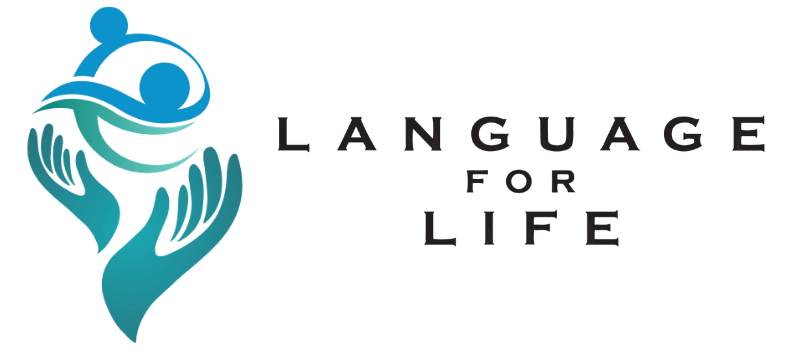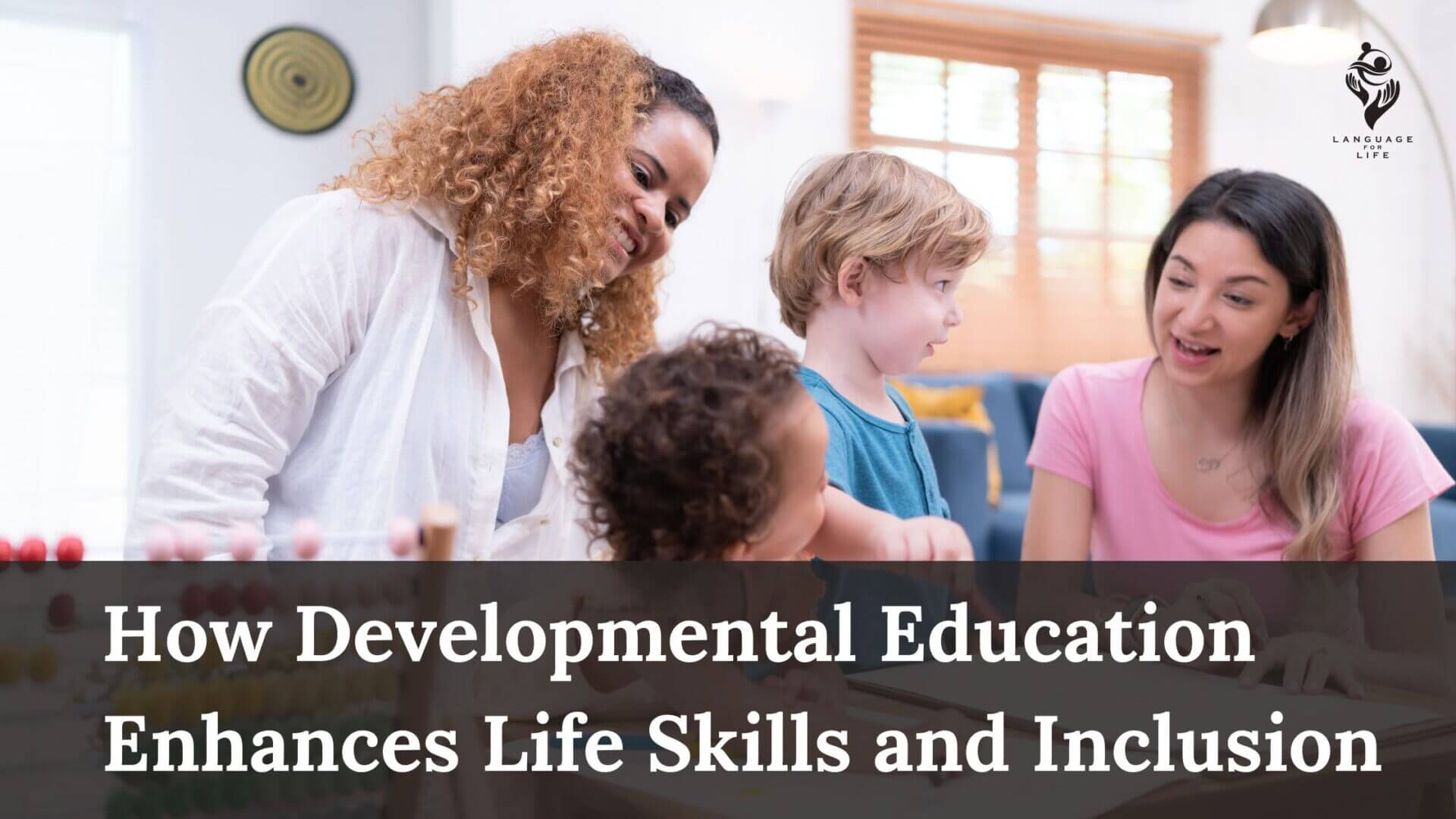Developmental Education plays an important role in enhancing the quality of life of individuals with disabilities and promoting their independence. It is a field of specialization focusing on fostering personal growth, skill development, and social integration through client-centred, customized approaches.
Understanding Developmental Education
Developmental Education is a specialized field focused on supporting individuals with disabilities and neurological disorders. It involves providing strategies and interventions that promote independence, personal growth, and social inclusion. Developmental Educators (DEs), who are Allied Health professionals trained in disability-specific support, collaborate with individuals to identify their strengths, needs, goals, and environments. Grounded in developmental, behavioral, learning, and social theories, they create individualized plans that consider both the person’s abilities and the barriers that may hinder participation in everyday activities. By addressing unique needs, Developmental Education empowers individuals to build essential life skills, overcome challenges, and enhance their quality of life within their communities.
The Process of Developmental Education
The developmental education process has a starting point in the form of an initial assessment to gain insight into the client’s situation in a holistic manner. Subsequently, a customized developmental education plan is developed, acting as a blueprint for developing competence and achieving goals. Sessions are held, typically between 30 to 60 minutes, focusing on developing competence across different areas of life. Such sessions are modifiable and adjusted in terms of the client’s changing requirements.
Key Focus Areas in Developmental Education
Developmental education embraces a broad range of skill areas, including:
- Life skills development, e.g., personal care, communication, and social interaction
- Behavioral support, e.g., positive behavior strategies and assessment
- Support for life transitions, helping individuals to adapt to new environments or stages in life
- Advocacy and community education to promote inclusion and reduce attitudinal and environmental barriers
Life Skills Development
Life skills training is an integral part of developmental education to facilitate individuals to live independently in life. This includes personal, academic, social, and vocational skills. Effective life skills programs are structured and enduring, often guided by principles of Developmental Psychology and Counseling. They involve individualized planning and adaptive services to accommodate unanticipated or evolving needs to encourage well-rounded development and independence.
Therapeutic and Person-Centred Support
Therapeutic intervention within developmental education focuses on person-centred practice. This approach emphasizes the individuality of each person, focusing on their personal goals and aspirations. It involves collaborative planning with the individual, along with others who care for them, with interventions being effective and purposeful. The intention is not just to train skills, but also to facilitate membership and inclusion into society.
Collaboration and Multidisciplinary Approach
Developmental Educators work preferably in multidisciplinary teams with Allied Health professionals to provide comprehensive care. The holistic practice ensures that every possible area of an individual’s development is taken into consideration, from behavioral problems to social interaction and involvement in the community.
Developmental education is a critical service that helps people with disabilities to build on their strengths, overcome barriers, and lead fulfilling and meaningful lives. Customized planning, research-based teaching methods, and a focus on life skills and inclusion help developmental education to empower individuals in achieving their full capacity and becoming active participants in society.

